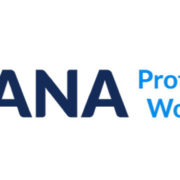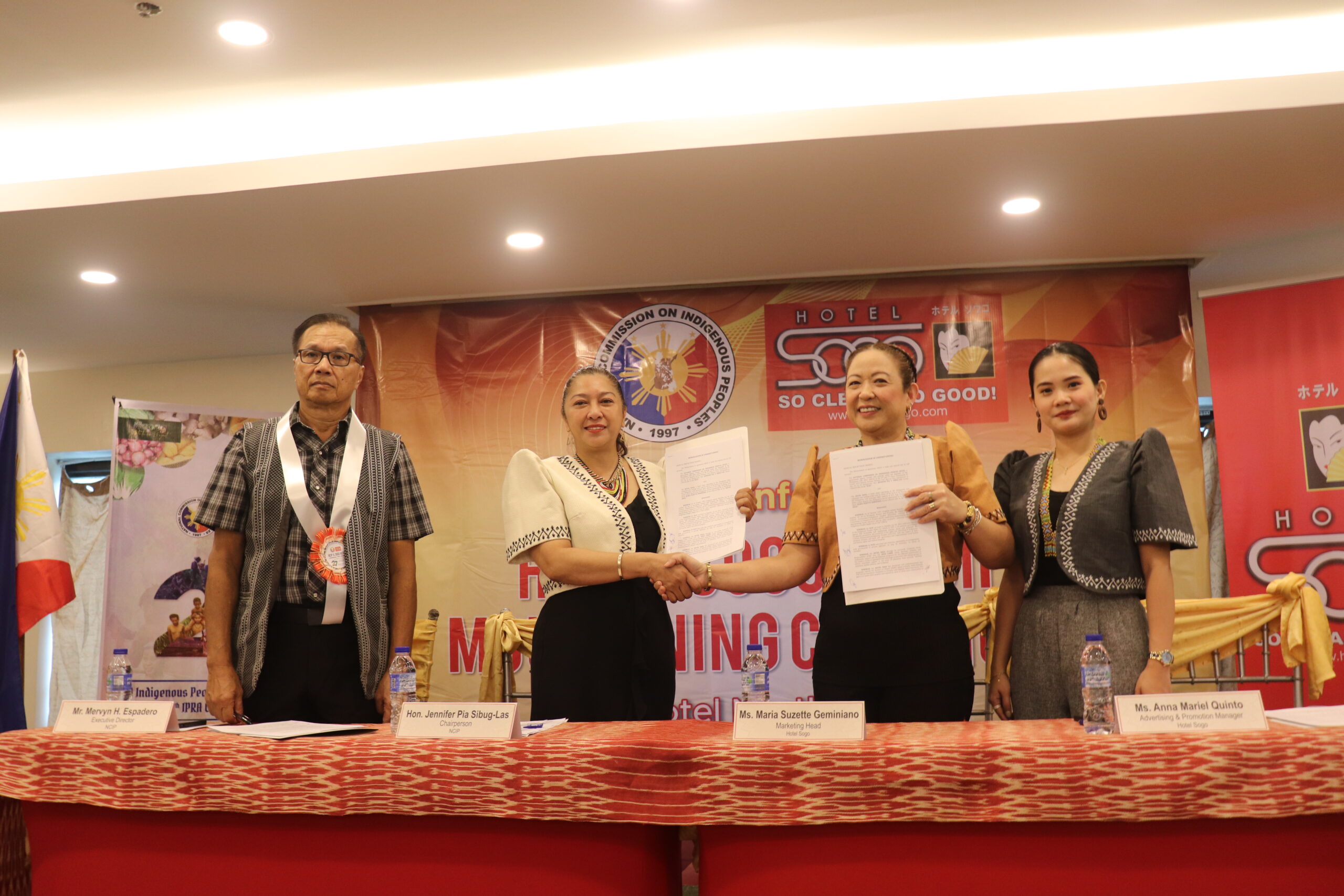Initial results showed that majority of the tested LGUs in Manila Bay are non-compliant with the amended Fisheries Code
Majority of the tested local government units in Manila Bay are not compliant with Republic Act 10654 which amended the Fisheries Code, according to the results of the Fisheries Law Compliance Audit (FishCA) conducted by the Department of Interior and Local Government (DILG).
Republic Act 10654 lapsed into law on February 27, 2015. It seeks to “prevent, deter and eliminate illegal, unreported and unregulated” or IUU fishing in the country. Under RA 10654, sanctions have been raised to as high as P45 million for commercial fishing violators, and $2.4 million for poachers. One of the most significant features is the installation of a Monitoring, Control and Surveillance (MCS) system in “all Philippine flagged fishing vessels regardless of fishing area and final destination of catch,” which would make it easier to ensure compliance with fisheries regulations.
The audit, which was initially tested in 19 of the 35 coastal LGUs in Manila Bay, aims to monitor the compliance of local government units to the amended Fisheries Code, and DILG Memorandum Circular 2018-59, which provides the guidelines and regulations for fishery activities within municipal waters nationwide. It also seeks to remind LGUs to exercise their mandate in managing municipal waters especially in fishery law enforcement, fisherfolk registration, and implementing management measures such as closed season.
The DILG first tested the audit in Manila Bay, which include cities with major fishing grounds such as Navotas, Parañaque and Las Piñas in Metro Manila, and LGUs from Bataan, Batangas and Pampanga.
Results of the audit include the following:
- All tested LGUs have an updated list of registered fishing boats.
- 52% of the tested LGUs monitor their fish catch.
- 21% of the tested LGUs do not have a local ordinance regulating the use of active fishing gears such as bottom trawling, ring net or Danish Siene (hulbot-hulbot).
- 47 % of LGUs have an ordinance related to law enforcement.
- 53% have no ordinance on the delineation of municipal waters.
Meanwhile, DILG Officer in Charge Eduardo M. Año emphasized the crucial role of LGUs in managing and protecting municipal waters, where commercial fishing and destructive gears such as bottom trawling and Danish Seine or “hulbot-hulbot” are prohibited.
“Millions of lives depend in water and its natural resources. It is imperative, therefore, for LGUs to be on top of ensuring that their marine and water resources are nurtured and protected because these assets are vital to national development,” Año said in a statement.
Lawyer Gloria Estenzo Ramos, Vice President of Oceana Philippines, said that findings from the audit will be useful in determining fisheries management measures in Manila Bay and municipal waters nationwide, and to counter illegal fishing and the continuing degradation of marine habitats.
“We commend the DILG for providing this tool to measure the state of compliance by the coastal local government units of their responsibility in protecting their municipal waters. By ensuring its sustainable management, they are also protecting the livelihoods of millions who depend on our ocean for sustenance, “ Ramos said.
Ramos also added the importance of proper law enforcement by all LGUs and enforcement authorities to ensure long-term seafood security in the country.




